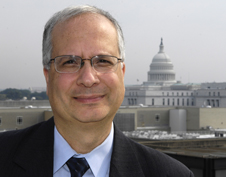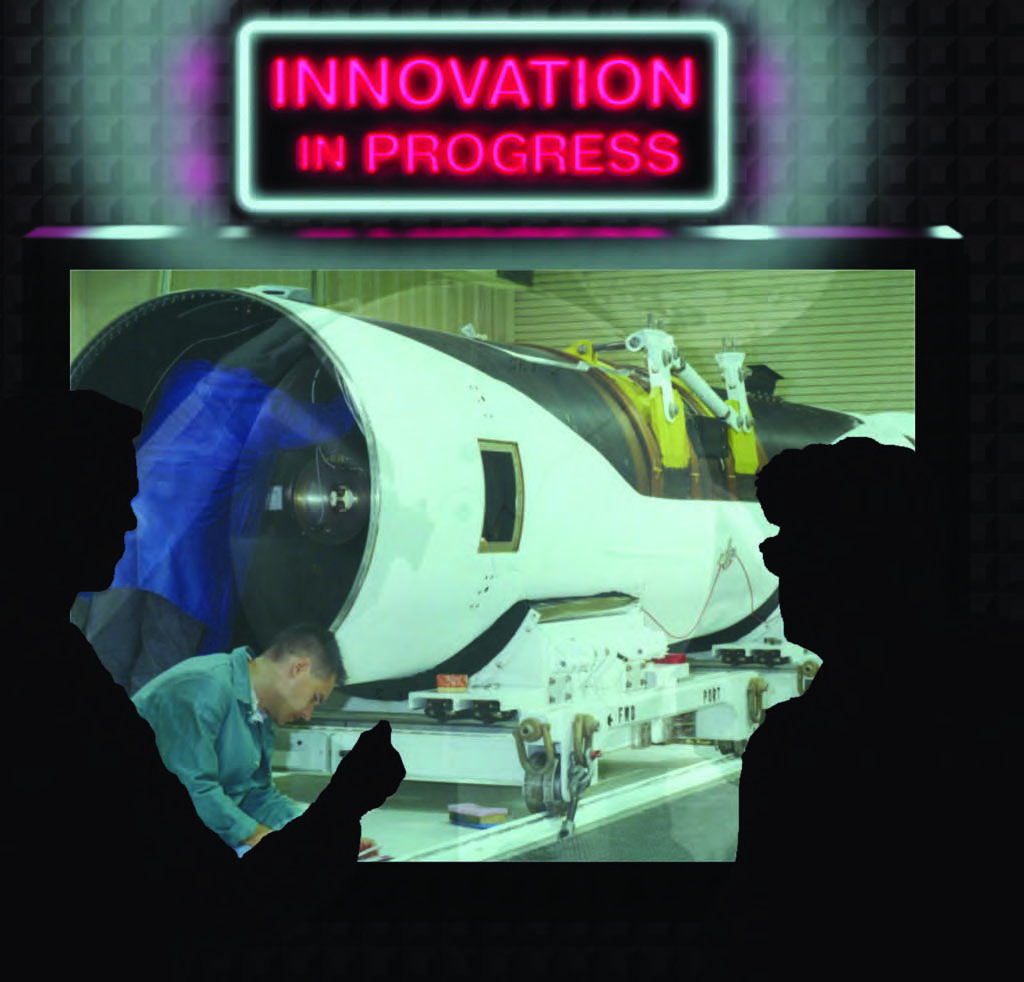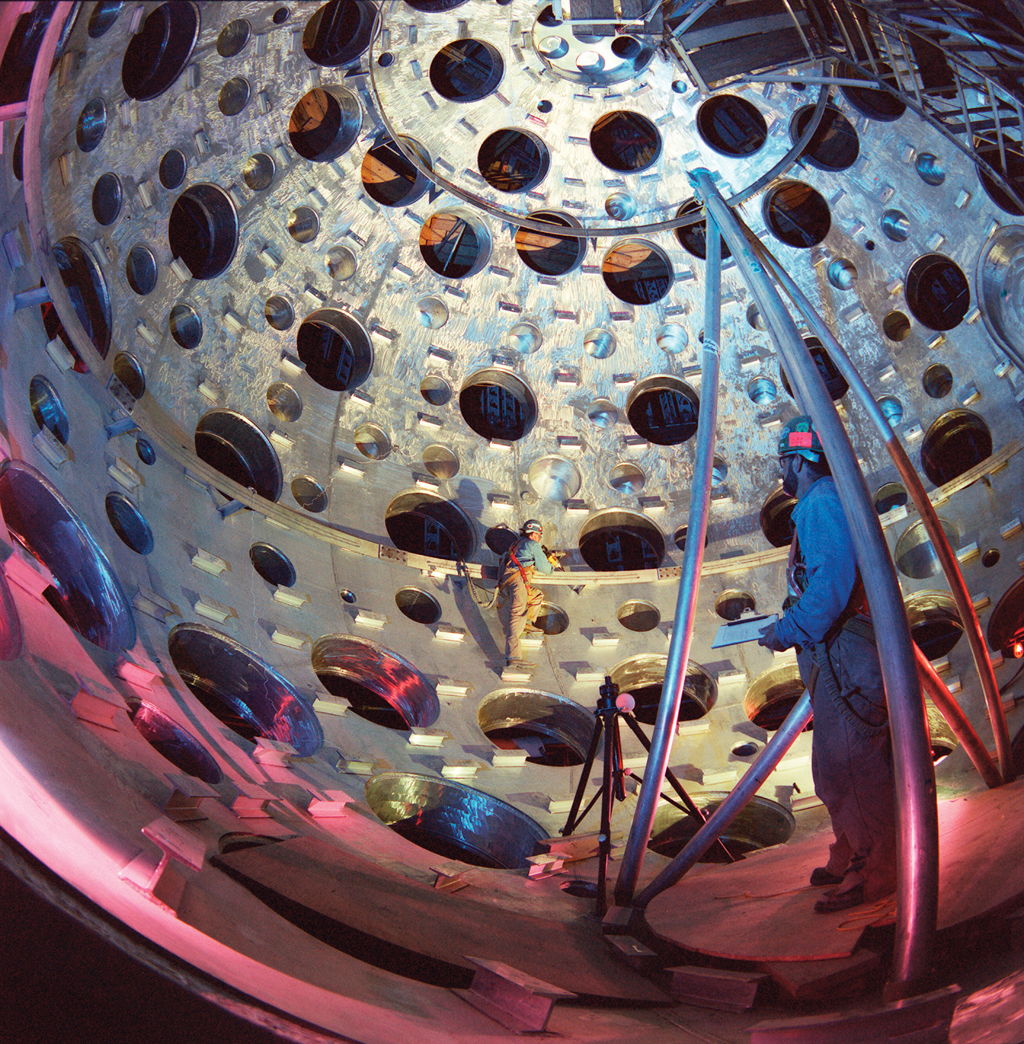By Ed Hoffman
Those who do not remember the past are condemned to repeat it.
The wisest mind has something yet to learn.
—George Santayana
During the last weeks of playing baritone horn in my high-school band, I started wondering how the band would be able to continue. I looked at Marco, who was the best trombonist; he was graduating. I looked at Frankie, the best trumpeter; he was graduating.  The percussion section, graduating—to a career of crime no doubt. All the best talent was leaving. The incoming class seemed weak and inferior.
The percussion section, graduating—to a career of crime no doubt. All the best talent was leaving. The incoming class seemed weak and inferior.
I asked the bandleader what he was going to do when we left, my concern about the future tinged with a sense of our superiority. He pounced: “You guys are all the same; you think because you are leaving that the band will stop. Well, I’ve been doing this for twenty years; every year guys go, and the next year the band continues to play.”
Thirty years later, I was in a NASA task group. The person next to me would be retiring in a matter of weeks after a long and successful career. Someone asked, “What is NASA going to do to replace you?” Others agreed that replacement was impossible; we needed an exact replica. I smiled and thought: if only cloning were an option.
Then I realized I was thinking the band would not play next year because a talented player was leaving.
Giving the future the benefit of what we’ve learned is a good sentiment and often a good practice, yet it sometimes seems based on distrust of the next generation and new ways of being. Meetings and working groups develop competency models for the next generation; standards and policies are written to preserve our “wisdom.” Veteran subject-matter experts promote career-development programs to train the next generation in proven, successful practices. Lessons learned, case studies, and shared-experience sessions abound, along with knowledge identification, capture, retention, and distribution activities. Much of this is good stuff. A society that has a successful future is one that educates, learns, shares, and openly exchanges knowledge. But some of it comes from thinking next year’s band may not be able to play as well as we do.
Well, the future wants to make its own mistakes and discover how to use its own talents. It doesn’t want to be tamed by the past. Innovation demands new thinking; new thinking means risky exploration of the unknown. Failure review boards and historians teach how mistakes could have been avoided “if only you listened to our lessons from ten years ago.” But some mistakes are valuable, and sometimes “different” means “better.”
So do we let the future shape itself, mistakes and all, or do we safeguard it, reducing mistakes and inventiveness?
Perhaps stories provide the balanced approach we need. Stories communicate what experience teaches without laying down rigid rules about what to do and how to do it. Stories are open to interpretation that fits their lessons to new contexts. Stories can be a foundation for future excellence, not a constraint that limits it.
More Articles by Ed Hoffman
- The Innovation Paradox (ASK 41)
- From the APPEL Director-Change Management and Adaptive Challenges (ASK 40)
- From the APPEL Director-Lessons from Torino (ASK 39)
- From the APPEL Director-Project Management Trends and Future Reality (ASK 38)
- From the APPEL Director-The Shuttle: Image of an Organization (ASK 37)
- From the APPEL Director-The Conspiracy of Optimism, the Dangers of Pessimism (ASK 36)
- + View More Articles








